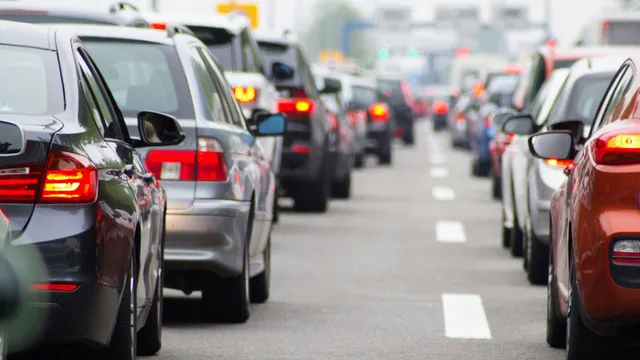NEW DELHI, Dec 8: Prices for various car models, from budget-friendly hatchbacks to premium luxury vehicles, are expected to rise as automakers have announced price increases effective January.
Manufacturers attribute these price hikes to higher input costs and operational expenses.
Industry analysts also point out that such adjustments are commonly seen in December, as carmakers aim to boost sales during the year’s final month, with many customers delaying purchases for new models released in the new year.
“Price increases in India are cyclical, typically occurring at the start of the calendar and financial year; however, some original equipment manufacturers (OEMs) adjust timing based on their product launch schedules,” explained Rajat Mahajan, a partner at Deloitte India.
While there are several reasons for the price hikes, a significant factor is the profit decline experienced by some major auto OEMs during the second quarter, he noted.
“Revisions in pricing were postponed due to the festive season, making this increase likely at the beginning of Q4,” he added.
“Rising material costs, changing consumer preferences towards advanced features with lower willingness to pay, alongside pressure on dealers to reduce high inventory costs despite substantial festive discounts, are all impacting profitability,” Mahajan remarked.
Rohan Kanwar Gupta, Vice President & Sector Head at Icra Corporate Ratings, stated that automakers typically raise prices at the start of the year to counteract inflationary pressures and rising operational costs.
“The recent price increases from various car manufacturers serve this purpose. It’s worth noting that there are already significant discounts available on numerous passenger vehicle models, as the industry aims to reduce inventory levels,” he elaborated.
India’s largest car manufacturer, Maruti Suzuki, plans to increase vehicle prices by up to 4 percent starting January.
The company, which offers an array of models from the entry-level Alto K10 to the Invicto multi-utility vehicle, cited rising input costs and operational expenses as reasons for this adjustment.
“Our commitment to optimizing costs while minimizing customer impact means we may need to pass some of these increased costs onto the market,” the company stated.
Hyundai Motor India is also set to raise prices across its lineup, with increases of up to Rs 25,000 effective January 1, 2025, due to elevated input costs, unfavorable exchange rates, and increased logistics expenses related to its Verna and Creta models.
Mahindra & Mahindra will increase prices for its SUVs and commercial vehicles by up to 3 percent from January, citing inflation and rising commodity costs as contributing factors.
Similarly, JSW MG Motor India has announced an up to 3 percent price hike across its entire range starting next month due to ongoing increases in input costs and external pressures.
Honda Cars India is also contemplating a price increase but has not finalized the specifics yet.
Luxury car leader Mercedes-Benz India plans a price rise of up to 3 percent from January, driven by rising commodity costs and logistics expenses stemming from persistent inflationary pressures.
The price adjustments for Mercedes-Benz vehicles will vary, with increases ranging from Rs 2 lakh for the GLC to Rs 9 lakh for the premium Mercedes-Maybach S 680 limousine.
Audi India will follow suit, raising prices by up to 3 percent across its models due to rising input and transportation costs.
“This adjustment is crucial for both Audi India and our dealer partners to ensure sustainable growth,” stated Audi India Head Balbir Singh Dhillon.
Likewise, BMW India is planning to implement price increases of up to 3 percent for its model range starting in January next year. (PTI)


Leave a Reply